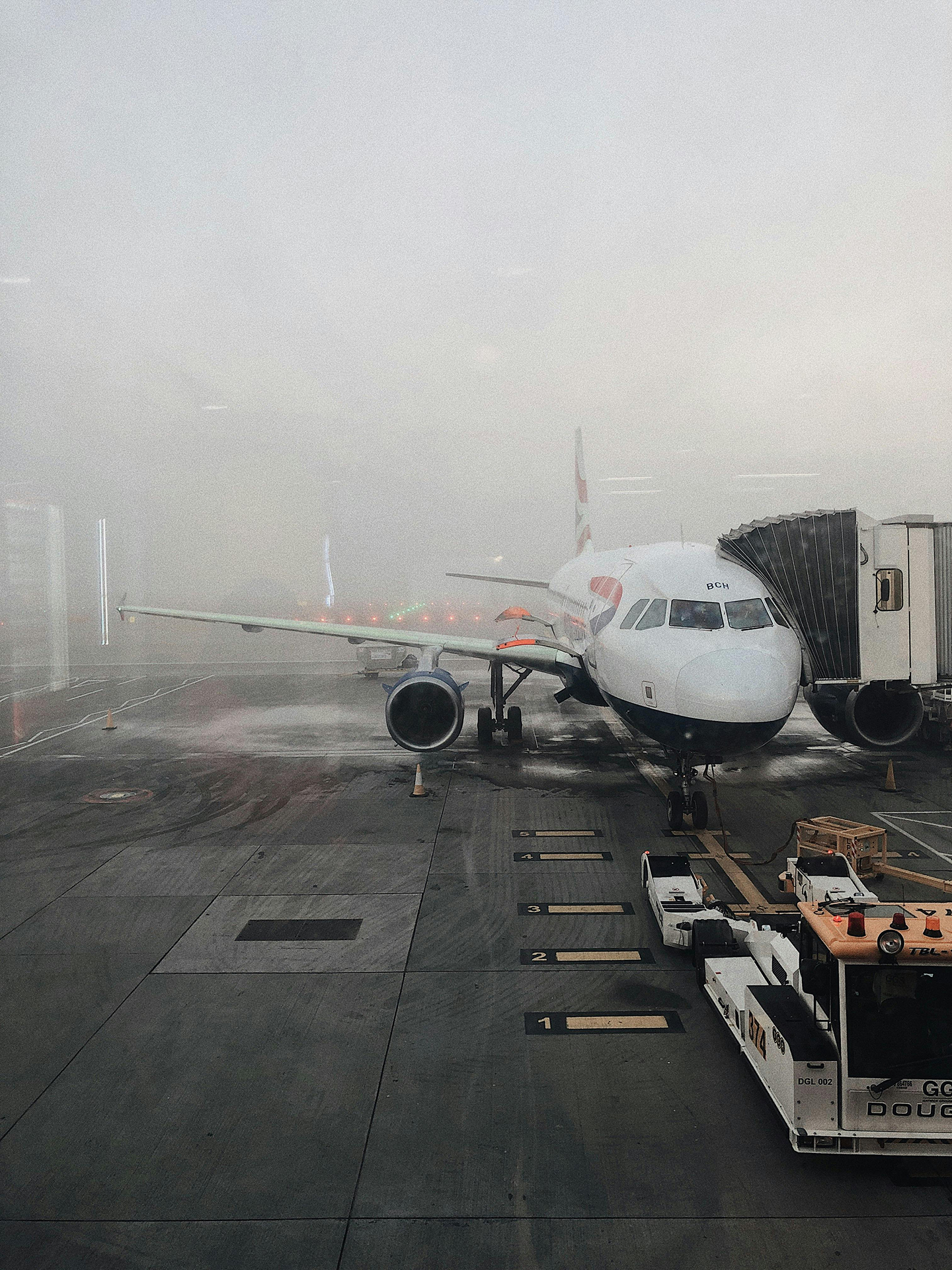Imagine having the ability to effortlessly grasp past and present travel trends, uncover the subtle connections between diverse factors affecting business travel performance, and even predict future outcomes based on historical travel data. How would such insights reshape your global business travel strategy and enhance overall performance?
The realm of collecting and dissecting data to optimize your company’s business travel strategy is known as business travel analytics. By harnessing these insights to make data-driven decisions, your organization can take charge of travel expenditures, unearth cost-saving opportunities, and elevate your business performance to new heights.
Investing in business travel analytics solutions not only puts you ahead of the curve but also streamlines your business travel endeavors in remarkable ways.
Navigating the Business Travel Analytics Journey
The journey through business travel analytics is a process that begins with data collection. Business travel analysts must define the key performance indicators (KPIs) and metrics that matter most and then gather data from both internal and external sources.
Once armed with this data, analysts employ a variety of data analytics techniques to gain a deeper understanding. These techniques encompass descriptive travel analytics (utilizing data visualizations, spreadsheets, or descriptive statistics), diagnostic analytics (uncovering how travel trends impact business performance), and predictive analytics (employing machine learning and deep learning algorithms to spot patterns and forecast future trends).
Finally, these insights become a catalyst for drawing informed conclusions and shaping strategies to optimize business travel spending.
Essential Metrics in Business Travel Analytics
Business travel analytics spans across several crucial fields, with metrics and KPIs offering valuable insights into trends and patterns. These key areas encompass:
- Travel Spend: Where, how, and when is money allocated for business travel? Are there opportunities to optimize spending?
- Average Trip Cost: What is the average expenditure per business trip? Where are the primary cost centers?
- Traveler Satisfaction: Are employees content with their business travel experiences? What ratings do they give?
- Travel Volume: How many trips are being taken? Does this fluctuate over time? What modes of transportation are favored (trains, planes, etc.)?
- Compliance Rate: Are travelers adhering to the company’s travel policies? Is policy understanding and accessibility optimal?
- Savings Achieved: Are there areas where cost savings can be realized or cost leakages addressed?
Beyond Cost Centers: Exploring Traveler Behavior
Understanding cost centers is essential, but it's equally vital to grasp how travelers navigate their journeys. This entails scrutinizing:
- Seasonal Variations: Do travel patterns exhibit seasonal fluctuations or year-over-year trends?
- Booking Patterns: When and how are travelers making bookings? What types of accommodations and transportation are they selecting?
- Travel Destinations: Where are employees heading? Does this change over time or by region?
- Preferred Airlines/Hotels: Which airlines and hotels do travelers prefer? Are there options that align with your company's objectives, such as cost-effectiveness or sustainability?
The Advantages of Business Travel Analytics
The advantages of embracing business travel analytics are manifold:
- Enhanced Travel Policy Compliance: Detect and address policy violations, ensuring adherence and cost control.
- Accurate Budgeting: Make precise forecasts, bolstering return-on-investment.
- Improved Employee Satisfaction: Tailor business travel programs based on employee preferences, enhancing satisfaction.
- Optimal Vendor Selection: Choose vendors aligned with your business's needs, factoring in cost considerations and discounts.
- Cost Savings: Identify the reasons behind trip cancellations or last-minute bookings, optimizing expenditure.
Leveraging Technology for Business Travel Analytics
While business travel analytics is undeniably valuable, launching a successful analytics program demands the right resources and technology. Fortunately, the travel industry offers technology solutions that can streamline the process.
Travel management software, for instance, simplifies corporate travel management by centralizing bookings and policies. Corporate travel solutions go even further, encompassing booking, policy enforcement, expense reporting, sustainability, and more.
One such comprehensive solution is BNW VoyagePro by BNW Travel Management. It offers a range of features to simplify corporate travel booking, enhance cost efficiency, and ensure policy compliance. Users can customize travel policies based on fare, class, and geography. The platform provides real-time reports and insights on travel expenses, along with direct connections to major airlines.
Business travel analytics holds the potential to revolutionize your company's travel strategy. By leveraging technology like BNW VoyagePro, you can unlock the full power of data-driven decisions, streamline operations, and embark on a journey towards more efficient and cost-effective business travel.
Learn more about BNW VoyagePro and discover how it can transform your corporate travel management.
Looking For Travel Management?
Discover how BNW Travel can simplify your travel life.





















